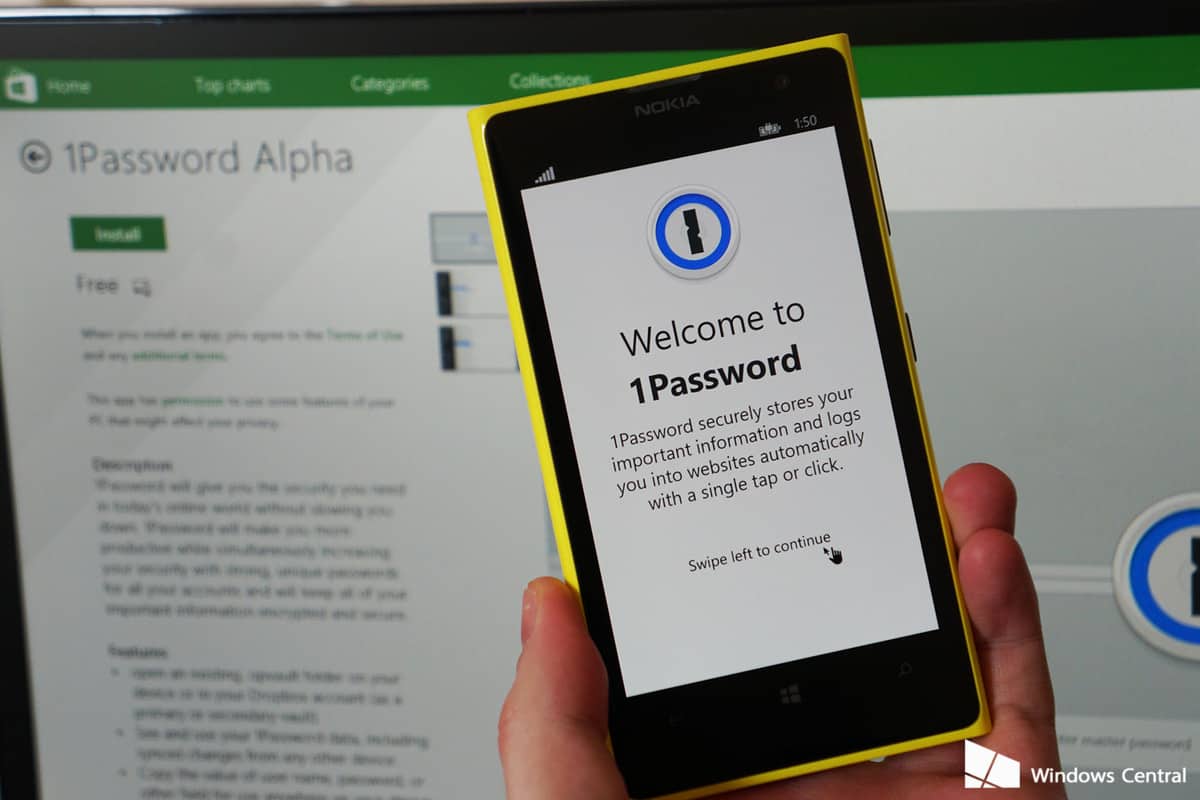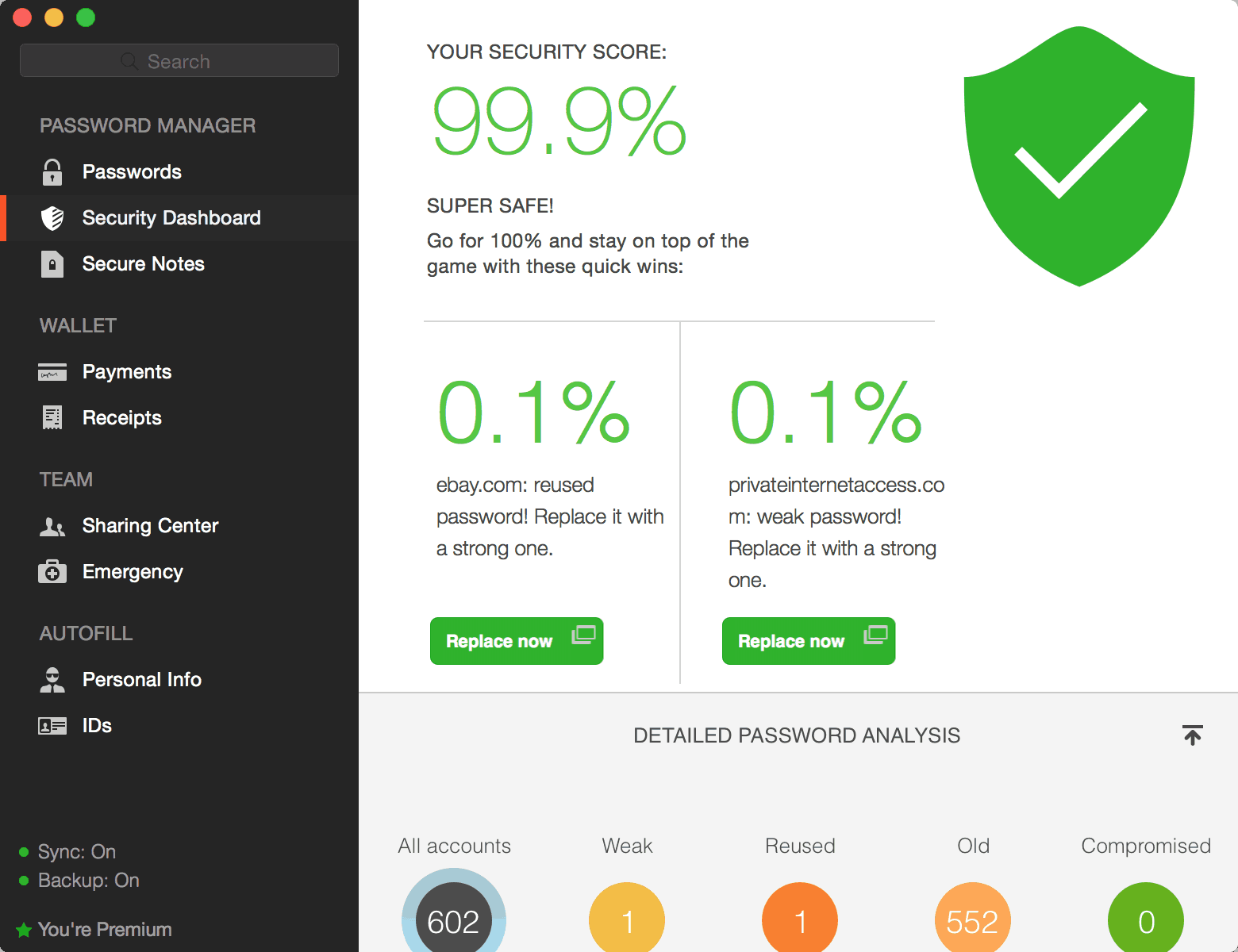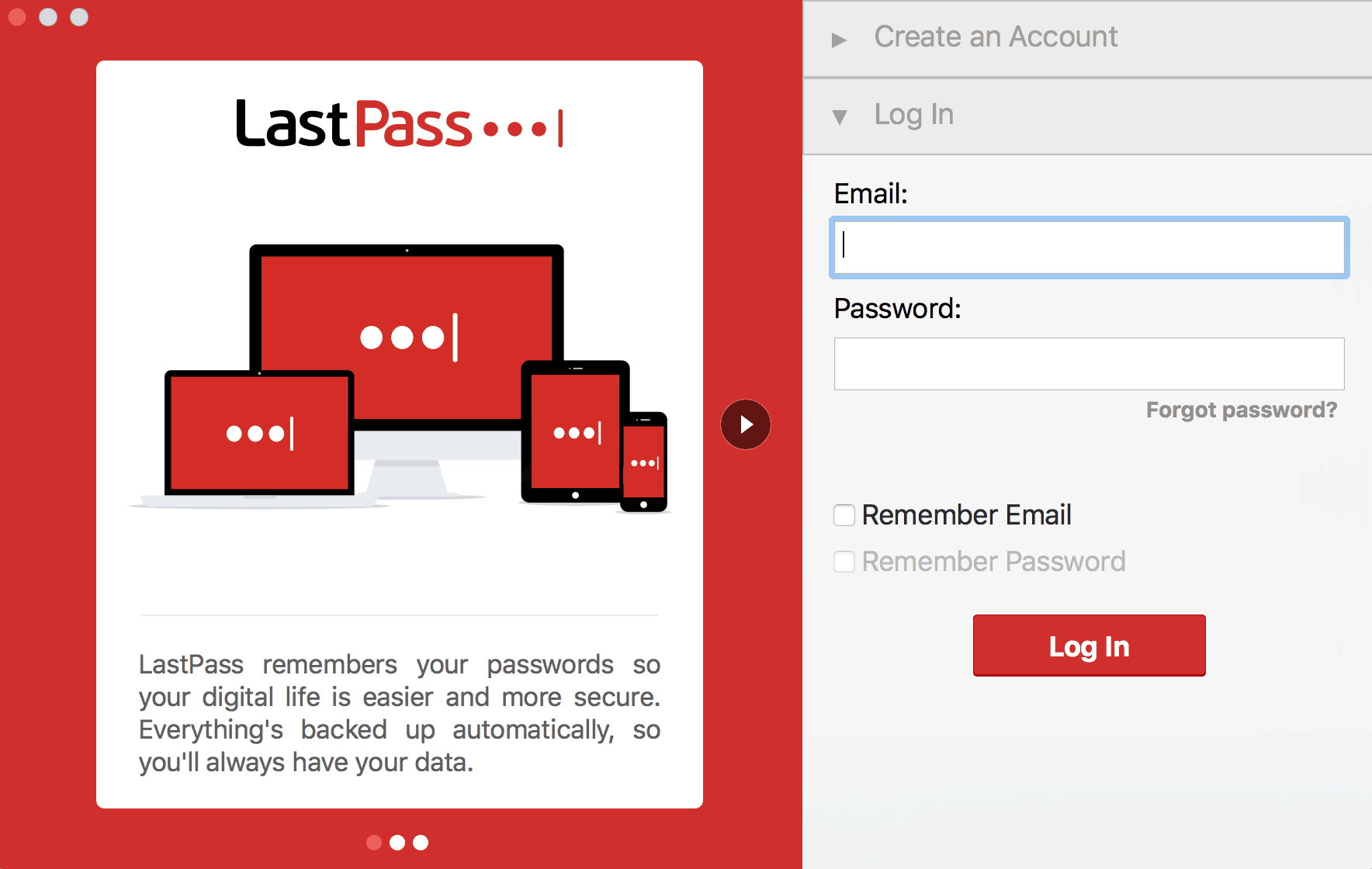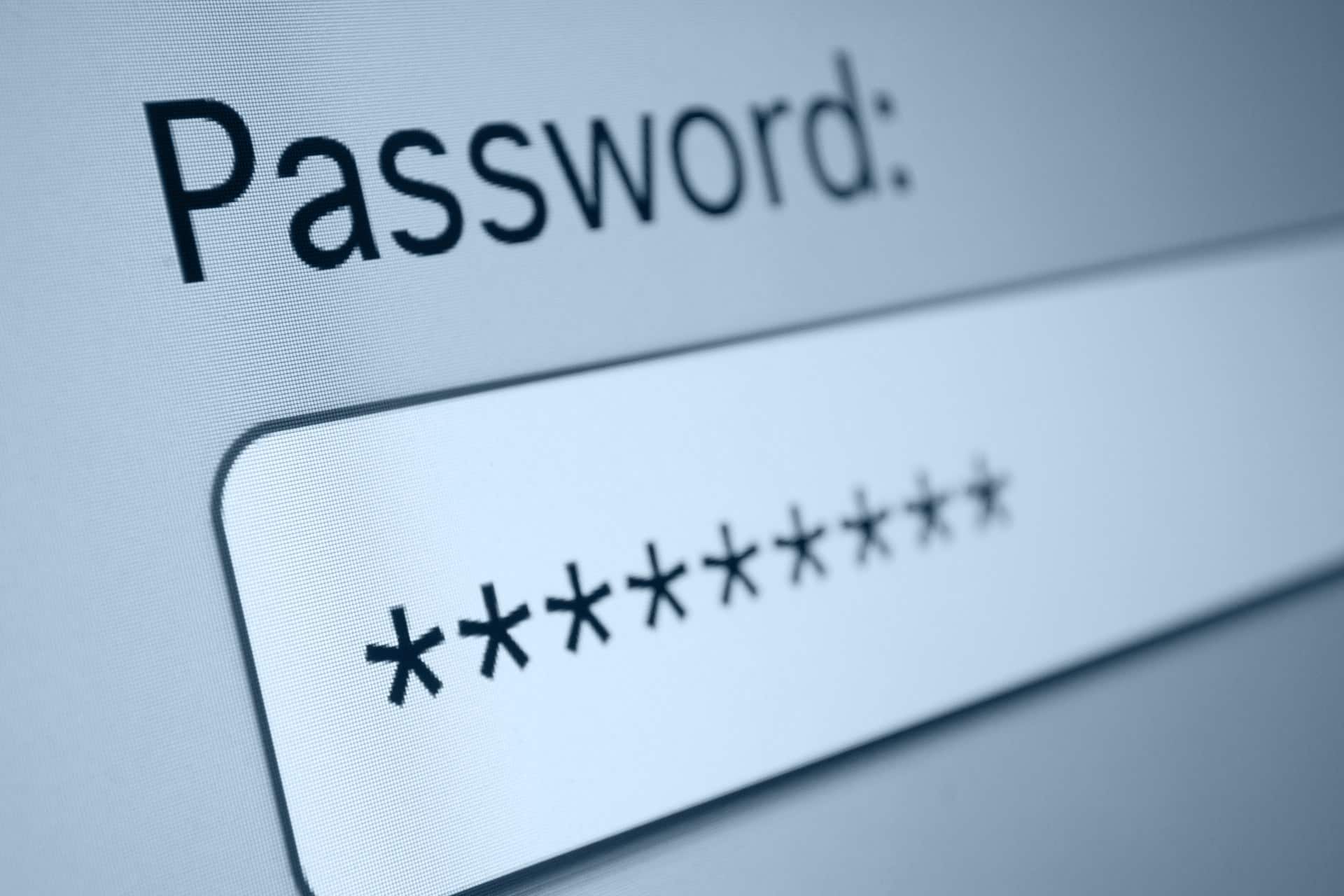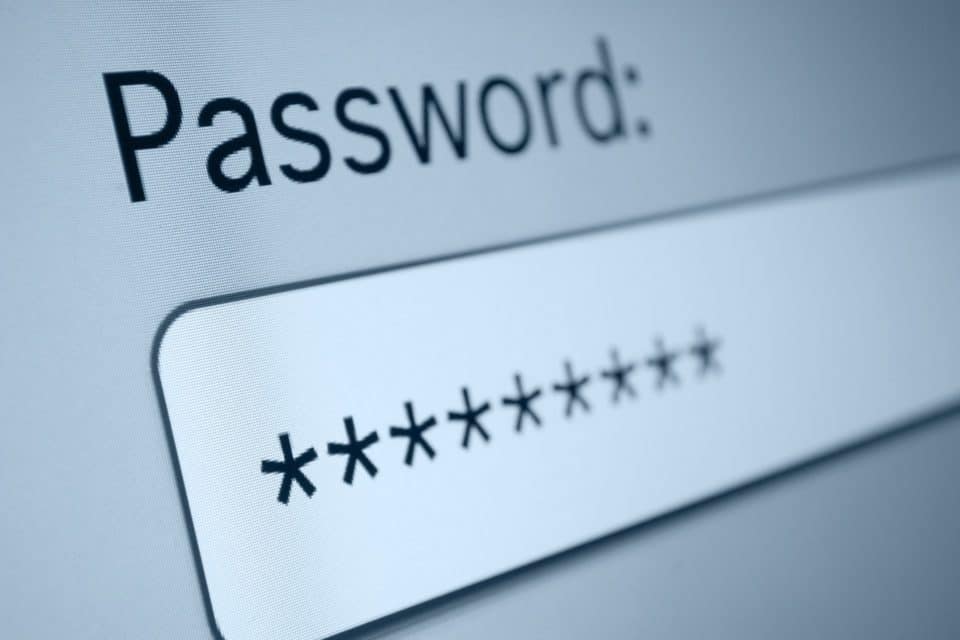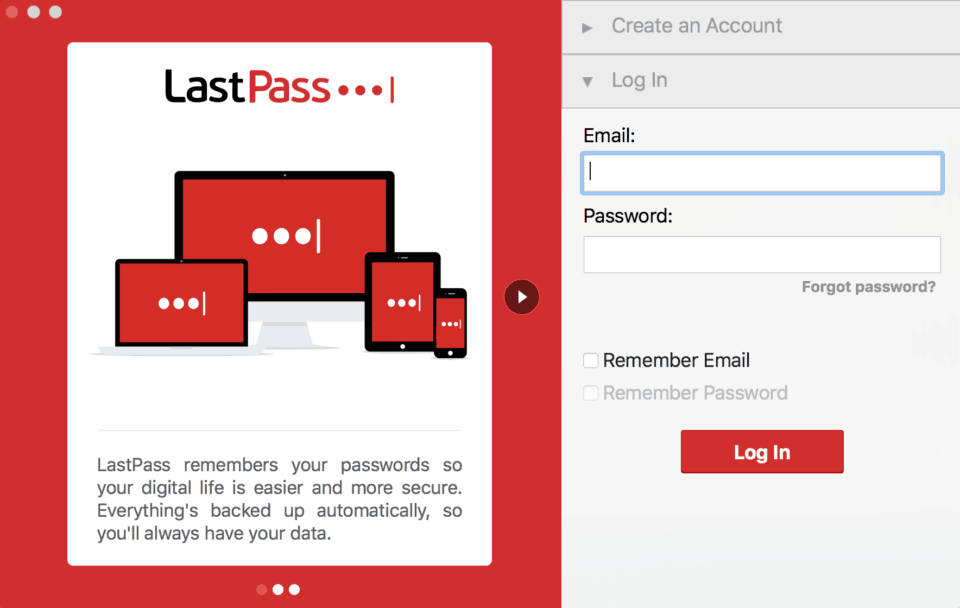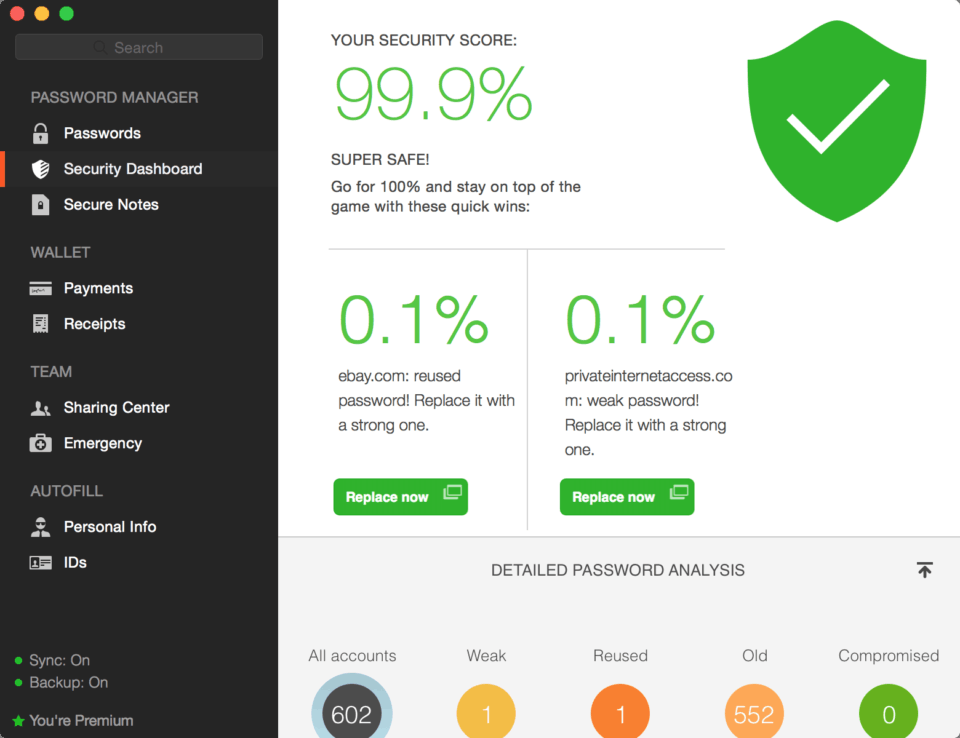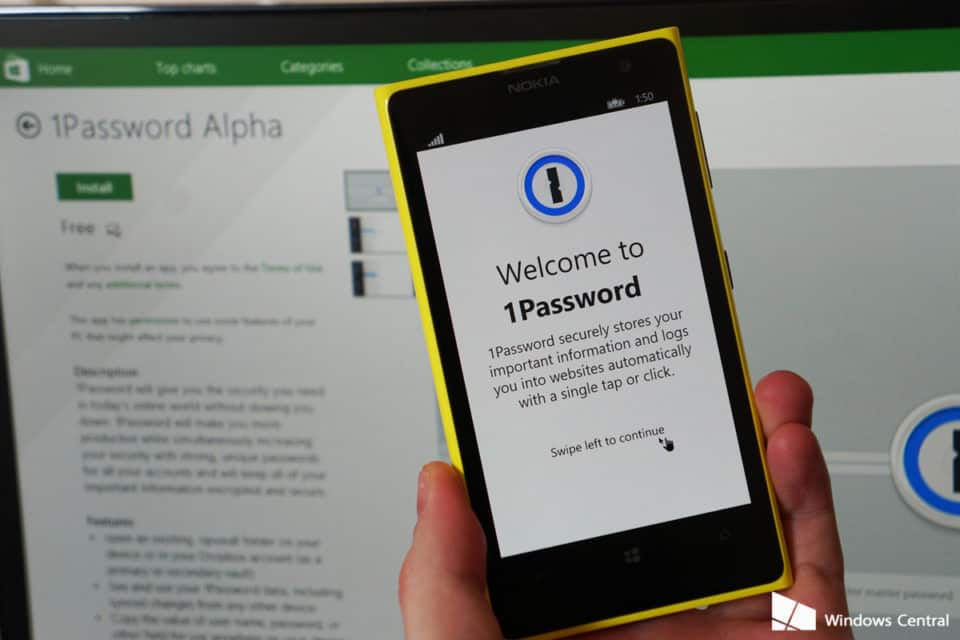That’s why you should be relying on a password manager to keep track of all your keys to the digital kingdom.
What Is a Password Manager
Password Managers (PM) are programs that store passwords automatically for you in a secure digital vault off in the cloud. When you then visit a website or use an app that requires a password, these managers pop up to fill it in so that you can be on your merry. They typically also generate passwords for you to ensure you’re using secure login information, will tell you how good your choice of password is, and help hold other digital data like a devoted boyfriend lugging a giant purse around.
Why Should You Trust A PM
So, these password managers help you keep all your information in a safe place, and make sure that they’re doing all they can to offer protection and convenience. But, if the digital world is, as we claim, the wild west, is it actually wise to be putting your precious passwords into the very place where hackers live and breathe? Isn’t that just asking to get hacked faster and easier? After all, they can’t hack the notepad by your computer, so isn’t that a better system? These are wise concerns. It’s difficult to trust a company with sensitive information, even if they claim to have your best interests in mind. That’s why these companies stay on the absolute bleeding edge of technology, using the best encryption you’ll find anywhere. When you hear about someone’s Twitter account or their Apple cloud being hacked and worry that a password manager is in the same boat, it’s easy not to trust them, but know this: The difference between the security on the computers that store your tweets and the computers password managers use is the difference between taking money out of your mother’s purse and robbing Fort Knox while blindfolded and naked. If you’re worried at all, Dashlane has a wonderful piece on password manager security that answers each question in-depth, and gives you a peek behind the curtain. But the short answer is: Someone is more likely to come into your home and look at your password notepad than they are having the skills to crack into a password managers secure vault. This is what these corporations do. It’s all they do, and cyber-security experts universally recommend using them. So don’t trust us, trust those in the know.
The Best
High encryption, easy use, low-cost, and multiple-device compatibility is what we want in a Password Manager. It has to be smart, smooth, simple, and not take much our hard-earned money for playing guard dog to our data. It has to be strong, and it has to be fast, and it has fresh from the fight. Here’s who we trust, who the pros prefer, and who will do right by you and your CatFancy login. Rather than risk your security, we only chose those that were the best of the best of the best. Anything else is second rate by a country mile. These have the infrastructure to be reliable and trustworthy. Others suffer from holes or gaps that you shouldn’t abide.
LastPass
LastPass used to be a great password manager to have on your computer, but you’d have to shell out the service charge if you wanted it on any other device. LastPass has since changed their tune, now allowing free users to put it into their browser and onto their phone or tablet at no additional charge. While the interface used to stumble and bumble at times with filling out forms or keeping passwords where they could be easily found, it’s been getting better by leaps and bounds. Now it works intuitively, asks the right questions at the right times for minimal user input that nonetheless allows it to be at your beck and call. It runs on Windows, macOS, Chrome OS, all Linux versions, Firefox OS, iOS, Android, Firefox Mobile, Apple Watches, Android Wear watches,Windows Phone, and Windows RT. As of publication, nothing else is LastPass. It’s broad availability, smart utility, high encryption, and fast, worry free operation make it best for all users of all platforms. Purchase: $12/Year
DashLane
Security mastermind DashLane has the ability to do a full password wipe and reset, so if you think your data has been breached, or someone might know one password, or you just want to freshen up your security, being able to do it for hundreds or thousands of websites and apps all with a few mouse clicks is a marvel. It takes care of all the protocols and lets everything and everyone know that you’ve changed your info. It’s also better than LastPass when it comes to filling out forms and determining what information to put into fields, meaning that you won’t need to be typing in your full name, your address, and even credit or debit card information if you do not want. The premium version is more expensive than LastPass, and DashLane won’t let you make changes on the go, only allowing you to alter passwords from your primary computer. A feature that some love, but most hate. Otherwise it has the exact same air, water, and dust-tight security, same super-secret secure storage location, and same encryption that prevents even DashLane employees from knowing how to access your account. If convenience and form filling are what you want, and you either don’t mind the price or are happy to pay extra, DashLane is the better choice. Purchase: $40/Year
1Password
Per usual the Apple devotees have a special password manager that is built to work best with Apple devices. Users on Windows, Chrome, and Linux can try to muddle through it, but it’s a dice roll to know what features will and won’t work on your machine. Sometimes 1Password is bad at filling out forms. Sometimes it will swap usernames and passwords, forcing you to change them manually, or it won’t sync well across devices. If you do use strictly Apple stuff, then this will make your heart sing and is the preferred choice for Genius Bar lurkers. It has a sophisticated interface that is easier and smarter than DashLane or LastPass will ever hope to be, can sync data in a way that doesn’t use the cloud at all, and even has methods for circumventing dual-stage verification if you set it up right. It also has payment choices for families, employees, and individuals who want to pay once and forget it. Poor cross-platform support is the biggest drawback, and means that if you have anything without an “i” in front of it or a “Mac” in its name, you’re going to need another option anyhow. Purchase: $36/Year
